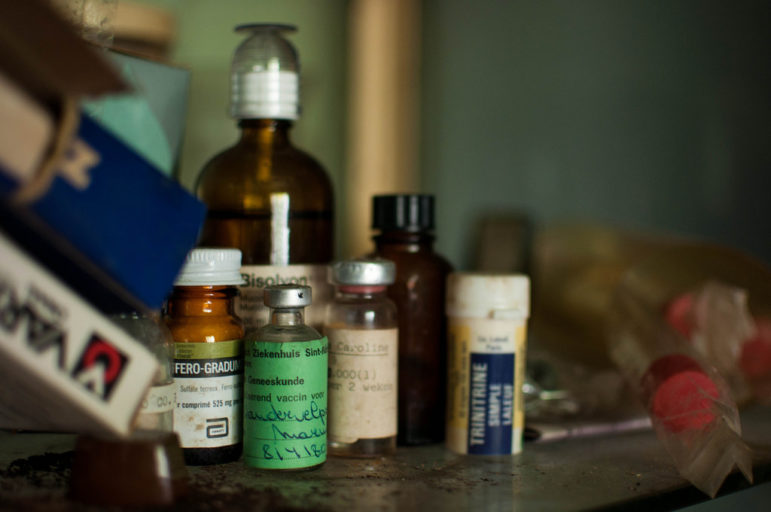
November 17, 2016; Office of the Surgeon General
A report released Thursday by the Surgeon General discusses the severity of drug and alcohol addiction in the United States, calling for sweeping reform in health care and criminal justice policies relating to addiction.
The first-ever Surgeon General’s Report on Alcohol, Drugs, and Health doesn’t contain much new data, but looks at the current set to give stark clarity to the depth of America’s addiction problems: Over 20 million Americans suffer from a substance abuse disorder. A 2015 survey from the Substance Abuse and Mental Health Administration found that 20.8 million Americans suffer from some type of substance use disorder: About eight percent of American adults and adolescents engage in substance use in a way that significantly impacts their health, work, or social life. Of that 20.8 million, 12 million people are dependent upon some substance, meaning that they reported withdrawal or tolerance or have been unable to stop using. However, only 2.2 million Americans received substance abuse treatment in 2015, around 10 percent of those experiencing use disorders.
Of special note: Heroin dependence is at an all-time high, and narcotic painkiller addiction is also on the rise. The CDC has reported overdose deaths resulting from painkillers or heroin at a rate of 74 people per day in 2015.
Surgeon General Vivek Murthy said in a recent interview with the Washington Post that the U.S. is battling a “crisis of addiction of significant scale.” The publication of a report by the surgeon general marks a major investigation by the Office of the Surgeon General into a matter of public health. Murthy has issued only one other report since his appointment in 2013.
Sign up for our free newsletters
Subscribe to NPQ's newsletters to have our top stories delivered directly to your inbox.
By signing up, you agree to our privacy policy and terms of use, and to receive messages from NPQ and our partners.
“We have 20.8 million people in the United States with a substance abuse disorder, which is similar to the number of people with diabetes and one-and-a-half times the number of people who have all cancers combined, but only one in ten people with a substance abuse disorder actually gets treatment,” said Murthy on Wednesday, November 16th, in a webcast sponsored by the nonprofit group Facing Addiction.
The key findings of the report, a review of well-supported research from the CDC, highlight examples of community-based partnerships successfully battling substance abuse. The report also provides specific suggestions for educational institutions, public agencies, communities and municipalities, and healthcare providers. These suggestions call for new prevention programs, increased coordination between social services and heath care systems, better research into Schedule I substances, research-based criminal justice reform, and, of course, better delivery of treatment services.
The implementation of any of these recommendations, especially access to addiction treatment, is uncertain. As the AP reported, the Affordable Care Act, which the president-elect and most congressional Republicans have pledged to repeal, made addiction treatment an essential health benefit to be covered by insurance companies. Donald Trump has spoken out in support of incentives for states to use drug courts and mandated treatment, although increased federal funding for such programs has not been set in stone by the incoming administration. The best avenue for heroin treatment funding will likely be the Comprehensive Addiction and Reform Act, which authorized $181 million per year in funding to combat the opioid epidemic—and has, as of this writing, only been funded with $7 million.
In the Facing Addiction presentation, Murthy, an Obama appointee who will likely be replaced by a new surgeon general in coming months, called for the end of the “unfortunate stigma” surrounding addiction, and for immediate action to help those affected.
“Imagine how our country would react if only one in ten people with cancer could actually get treatment, if only one in ten people with diabetes could access treatment,” he said, “We wouldn’t tolerate that, and we shouldn’t tolerate it with substance abuse either.”—Lauren Karch













